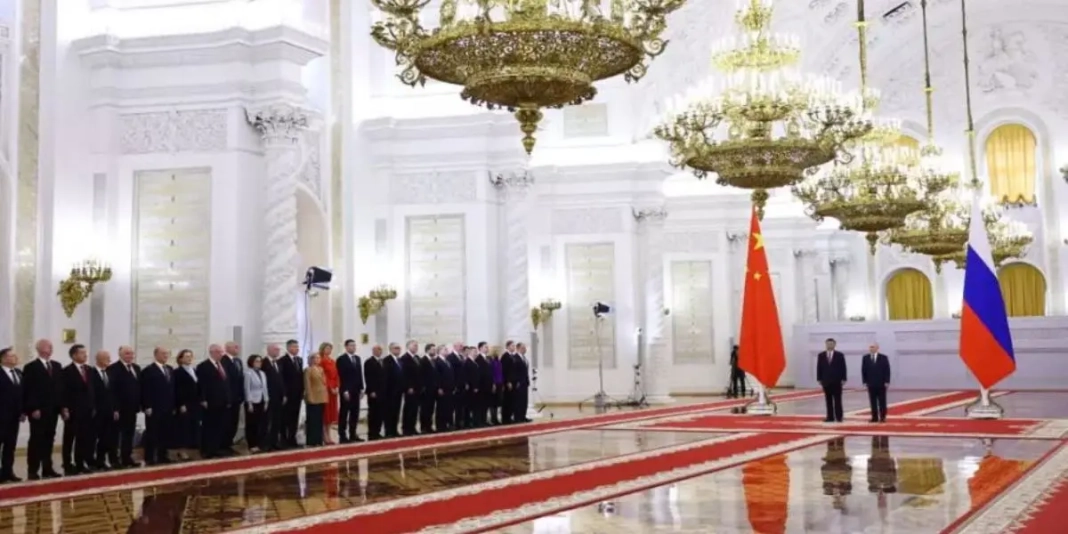On Friday, May 9, 2025, Russia staged a large-scale military celebration in Moscow to mark the 80th anniversary of the Allies’ victory over Nazi Germany, using the event as both a patriotic commemoration and a powerful geopolitical signal amid ongoing conflict in Ukraine.
President Vladimir Putin addressed the nation from Red Square, in the presence of around 30 heads of state and government, including leaders from China, Cuba, Belarus, Kazakhstan, and Venezuela—key allies of Moscow. In a rare gesture of solidarity, Chinese troops marched alongside Russian forces, underlining the tightening military and diplomatic ties between the two powers.
The centerpiece of the celebration was a massive military parade, featuring T-90M tanks, intercontinental missiles, and armored vehicles—a show of strength described as “even larger than last year,” according to former French ambassador Jean de Gliniasty. The goal: to project the image of a resilient Russia, defiant in the face of Western pressure.
Unprecedented security measures were implemented across the country. In Moscow and other major cities, hotels were sealed off, internet access was restricted, geolocation services were suspended, and ATMs were disrupted, all aimed at preventing potential drone attacks, which have become a rising concern in recent months. The traditional air show may once again be canceled, officially due to unfavorable weather.
Behind the pomp and pageantry, the Kremlin is doubling down on a strategic narrative: linking the war in Ukraine to the historical fight against Nazism. The message is clear—Russia is casting itself as the defender of memory and sovereignty, rallying its domestic audience while bolstering ties with non-Western powers.


